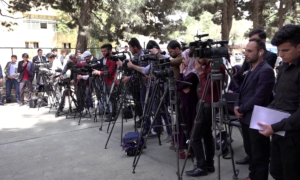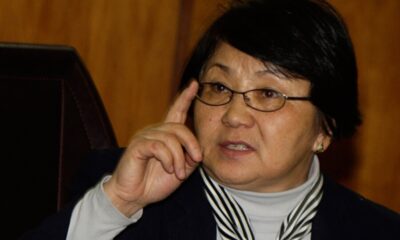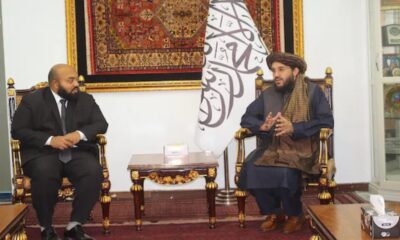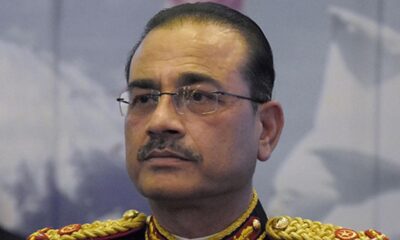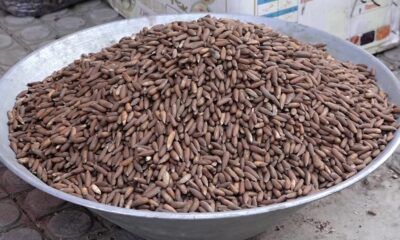Latest News
Rights watchdog calls for IEA to ease back on moral policing
This comes after UNAMA released its report titled, De Facto Authorities’ Moral Oversight in Afghanistan: Impacts on Human Rights, earlier this week.
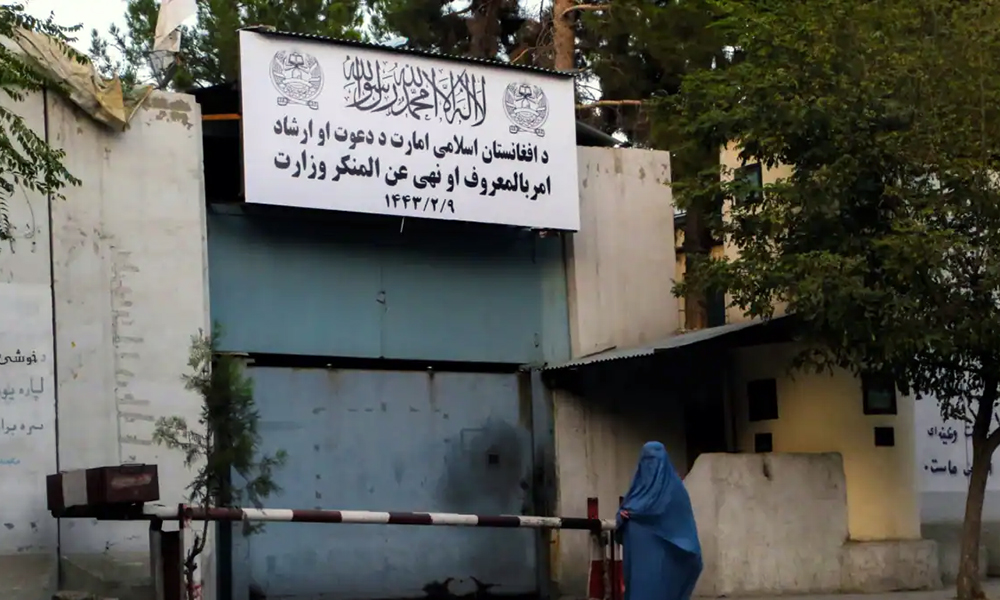
Amnesty International on Wednesday called for the Islamic Emirate of Afghanistan to roll back on moral policing.
Responding to a new report by the United Nations Assistance Mission (UNAMA) in Afghanistan on the violations of human rights by the Islamic Emirate of Afghanistan’s (IEA) Ministry for the Propagation of Virtue and Prevention of Vice (MPVPV), Amnesty International said the moral policing has had a decaying effect on human rights in the country.
Zaman Sultani, regional researcher for South Asia at Amnesty International, said: “This report lays bare the role of the Taliban’s MPVPV in violating various human rights and fundamental freedoms in Afghanistan.
“Its arbitrary, inconsistent and ambiguous record of morally policing the people of Afghanistan, with an institutionalized system of discrimination that disproportionately impacts women and girls, has had a decaying effect on human rights in the country.”
Healso stated that “the arbitrary, inconsistent and ambiguous record of morally policing the people of Afghanistan, with an institutionalized system of discrimination that disproportionately impacts women and girls, has had a decaying effect on human rights in the country.”
Sultani went on to say that Amnesty International shares the UN’s call to the Islamic Emirate to guarantee the rights of freedom of expression, freedom of thought, conscience and religion, right to health and work, among a host of other fundamental rights and freedoms as guaranteed under the international human rights treaties to which Afghanistan is a State party.
“The prevalent impunity for the Taliban’s gross violations of human rights and crimes under international law must come to an end,” he said.
He also called for the United Nations to establish a dedicated independent international accountability mechanism to investigate crimes under international law and other serious violations in Afghanistan as well as to collect and preserve evidence for future accountability efforts and prosecutions.
“They must also ensure that gender justice is prioritized and the involvement of women human rights defenders and civil society stakeholders remains central in all engagements with the Taliban on the future of Afghanistan. To fail to do so would be to turn our backs on the victims and their rights to truth, justice and reparation.”
This comes after UNAMA released its report titled, De Facto Authorities’ Moral Oversight in Afghanistan: Impacts on Human Rights, earlier this week.
The report outlines the negative impact that the activities and expanding role of the MPVPV has had on the enjoyment of human rights and fundamental freedoms in various aspects of private and public life for people living in Afghanistan.
The Islamic Emirate meanwhile said Wednesday the claims by UNAMA were unfounded and that all rights were respected in accordance with Sharia.
Zabihullah Mujahid, the IEA’s spokesman said that the rulings recommended by the MPVPV are well-known Islamic rulings.
He said UNAMA was trying to compare Afghanistan’s policies against those of the West, which was not “the right thing to do”.
He added that under the IEA, the rights of all citizens are secured in accordance with Sharia.
“All men and women are dealt with according to Sharia, Sharia rulings are enforceable as laws, and in this case, no one is oppressed or violated,” said Mujahid.
Related Stories:
UNAMA’s criticism of Afghanistan’s morality ministry ‘unfounded’, says IEA
UNAMA issues latest rights report, notes ongoing challenges for women, girls and media
Latest News
Maldives recalls envoy to Pakistan over meeting with Afghanistan envoy
The island nation’s foreign ministry said the much publicized meeting had not been sanctioned by the government
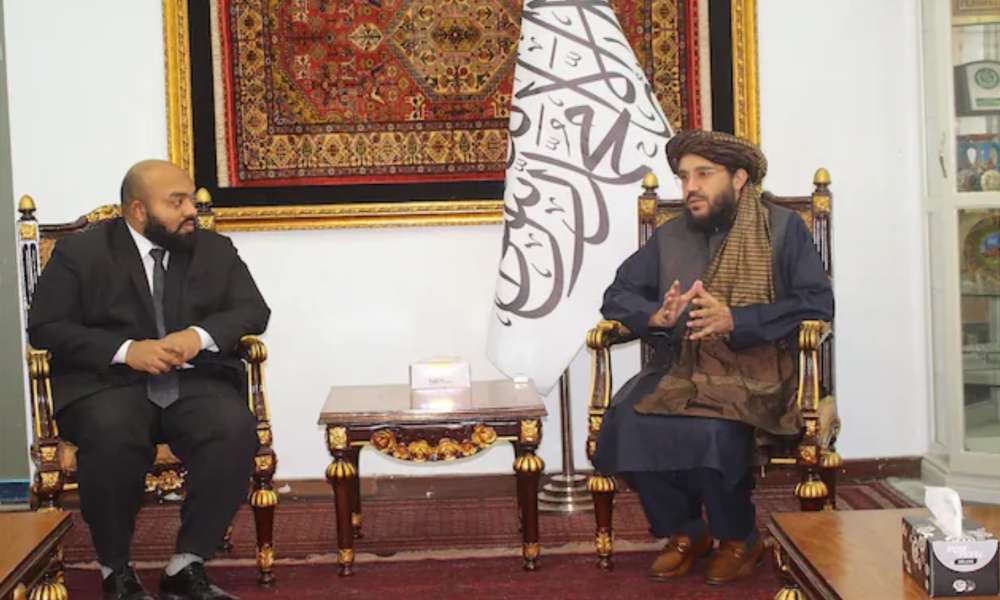
The Maldives government has recalled its top diplomat in Pakistan after he had an unauthorized meeting with an Islamic Emirate of Afghanistan envoy in Islamabad.
The island nation’s foreign ministry said the much publicized meeting between the Maldives High Commissioner Mohamed Thoha and IEA envoy Sardar Ahmad Shakeeb on Friday had not been sanctioned by the government.
Maldives media reported that the foreign ministry stated: “Consequently, appropriate action has been taken by the government of Maldives.”
Thoha’s name has also been removed from the website of the Maldives mission in Islamabad, and an official source told AFP that he had been recalled.
Since regained control of Afghanistan in August 2021, no country has yet officially recognized the government.
However, the IEA has been making inroads into the diplomatic arena and has official missions now stationed in a number of regional countries.
Latest News
Afghanistan exported more than 2,500 tons of pine nuts in 1402
Afghan pine nut is mostly exported to China, India, Turkey and the United Arab Emirates.
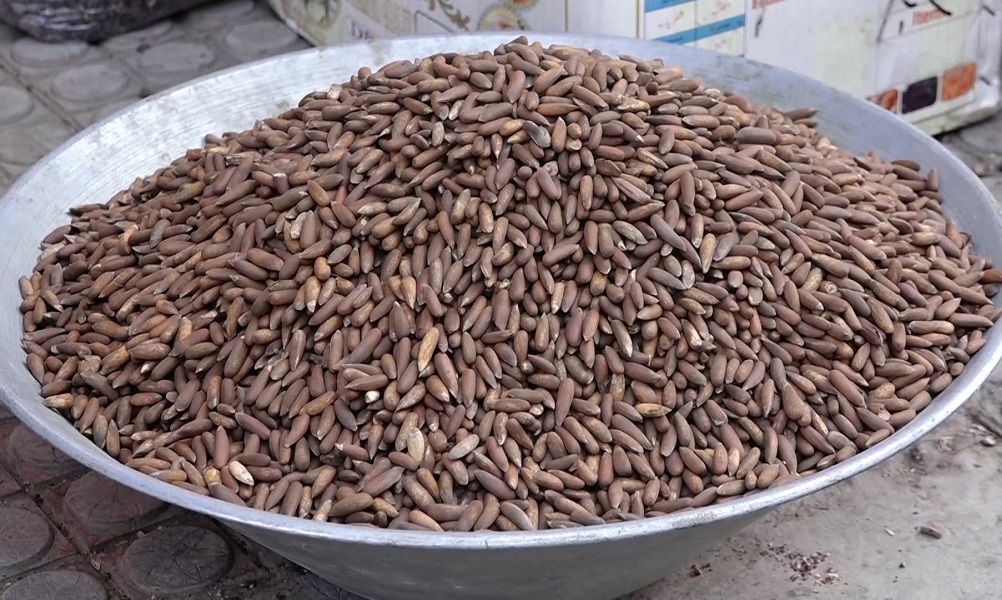
The Ministry of Industry and Commerce says that in the past solar year (1402) more than 2,500 tons of pine nuts worth $27 million were exported to neighboring countries and beyond.
Afghan pine nut is mostly exported to China, India, Turkey and the United Arab Emirates.
“The total weight of black pine nut exports during 1402 was 2,523 tons and the value was $27 million, mostly to China, India, Pakistan, the United Arab Emirates, Saudi Arabia, Qatar, the United States, Britain, Australia, the Netherlands, and other countries,” said Abdul Salam Javad Akhundzada, the spokesman of the Ministry of Industry and Commerce.
Officials in the Ministry of Agriculture, Irrigation and Livestock say that since last year, pine nut production has increased in the country and they have also expanded artificial forests to harvest more pine nuts.
“In order to revive pine nut forests, according to last year's development budget, pine trees have been planted on approximately 1,500 hectares of land.
There used to be pine trees on these lands, but they were cut down or destroyed in a fire,” said Misbahuddin Mustain, the spokesperson of the Ministries of Agriculture, Irrigation and Livestock.
Experts say that currently China buys most of Afghanistan's pint nuts, but the government must find new markets so that it can be sold at a better price.
Latest News
IEA says deportation of Afghan migrants from neighboring countries has intensified

A committee of the High Commission for Addressing the Problems of Migrants said the process of forced expulsion of Afghan migrants from neighboring countries has intensified.
However, members of the committee emphasized, in their meeting with the Prime Minister's administrative deputy, that they have managed the resettlement of the returnees well in cooperation with relevant institutions.
In the meeting, Abdul Salam Hanafi, the administrative deputy prime minister, said that as winter approaches, committees should seek to ensure that the returnees will not face problems.
Experts say that the refugee hosting countries should treat Afghan migrants according to international laws, and take into account the current conditions of the country.
“To reduce immigration and increase economic stability, creating employment opportunities, increasing investment, giving various types of loans to people and issuing securities can be effective,” said Asifa Stanikzai, a migration expert.
Iranian officials have said that they deport 3,000 Afghan immigrants from the country every day and they plan to deport two million Afghan immigrants by the end of this year.
Forced deportation of Afghan migrants from Iran and Pakistan has been a serious challenge in the last three years, but according to experts, the Islamic Emirate has been able to manage the process to some extent.
-
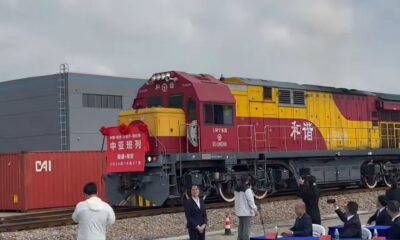
 Business5 days ago
Business5 days agoChina resumes direct rail trade with Afghanistan
-
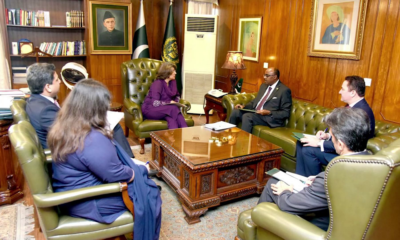
 Latest News5 days ago
Latest News5 days agoOIC special envoy meets with Pakistani officials for talks on Afghanistan
-
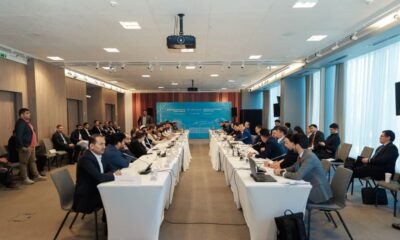
 Business4 days ago
Business4 days agoPrivate sectors of Afghanistan, Kazakhstan sign contracts worth $100 million
-

 Sport4 days ago
Sport4 days agoRashid Khan retained by Gujrat Titans ahead of IPL 2025 auction
-
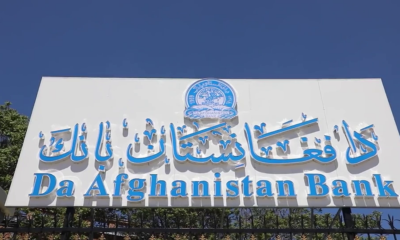
 Latest News4 days ago
Latest News4 days agoDAB plans to set up electronic payments in Afghanistan
-
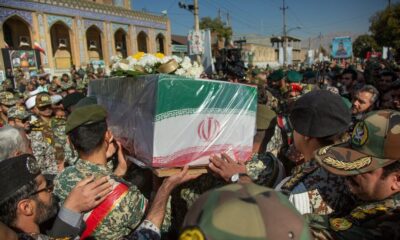
 Regional4 days ago
Regional4 days agoIran preparing strike on Israel from Iraqi territory within days, Axios reports
-

 Regional4 days ago
Regional4 days agoSeven killed, dozens injured in blast in Pakistan’s Balochistan province
-

 Sport2 days ago
Sport2 days agoAfghanistan to tour Zimbabwe for all-format series


